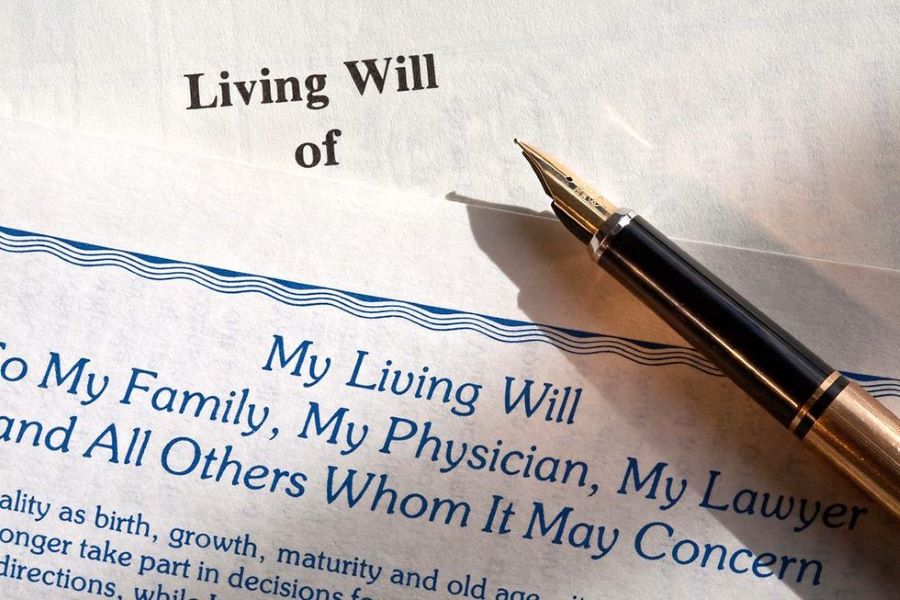(609) 737-3030
The Will That Won't

Your last will tells the world exactly how you want your assets distributed when you die. It expresses your intentions and your goals. Unless a court declares otherwise, your will dictates your wishes long after you’re gone.
Dying without a will, also known as dying “intestate,” you go to the grave powerless and with no say as to what happens to your belongings. If you don’t have a will, the State and the IRS will decide who gets what, which may vary greatly from your choices. Also, if you die without a will, not only does your family has to cope with your passing but now your loved ones must face complication and uncertainty added to the administration of your affairs at a time when a family is least capable of making such decisions. This can be avoided with a properly drafted will.
Could you or should you write your own will? Yes, you could, but you shouldn’t. Plenty of books contain forms, software programs, and online programs that provide do-it-yourself help. However, every book or software program about estate planning contains a disclaimer that “The information contained in this book/program is not legal advice and is not a substitute for legal advice. For legal advice consult with an attorney.” When you hire an attorney to prepare your estate plan, you are not paying him or her just for the end product (your will). You are paying for the expertise, advice, and time spent analyzing your situation and devising the best estate plan for you. An attorney can help you protect your assets from taxes, lawsuits, and greedy ex-spouses or creditors seeking to get their hands on the inheritance you have left for your loved ones.
Anyone can prepare a will using a pre-printed form, but many forms are found in books or online, and those generated by estate planning software are specifically designed to cover only the most basic of estate planning needs. These forms are also purposefully very basic to comply with the laws of most states. Remember then that a generic form may not be sufficient to satisfy your estate planning needs. Estate planning documents are not one-hat-fits-all, or even most. What will work for you will most likely be different from what will work for your neighbor, your parents, or even your brother. A pile of generic or inapplicable forms won’t do you or your loved ones much good, and can only cause more heartbreak and disappointment.
Unlike the federal estate tax laws (which apply to all U.S. citizens) state laws vary greatly when it comes to probate, trusts, inheritance taxes, anti-lapse statutes, community property, homestead rights, common law marriages, putative spouses, and elective share laws – to name a few state-specific issues that can affect an estate plan. Even legal formalities required to write and sign valid estate planning documents may vary. Again, a pile of generic forms cannot properly address all these issues and requirements. The bottom line is, if your estate plan consists of useless forms, your will may be a won’t.
Categories





